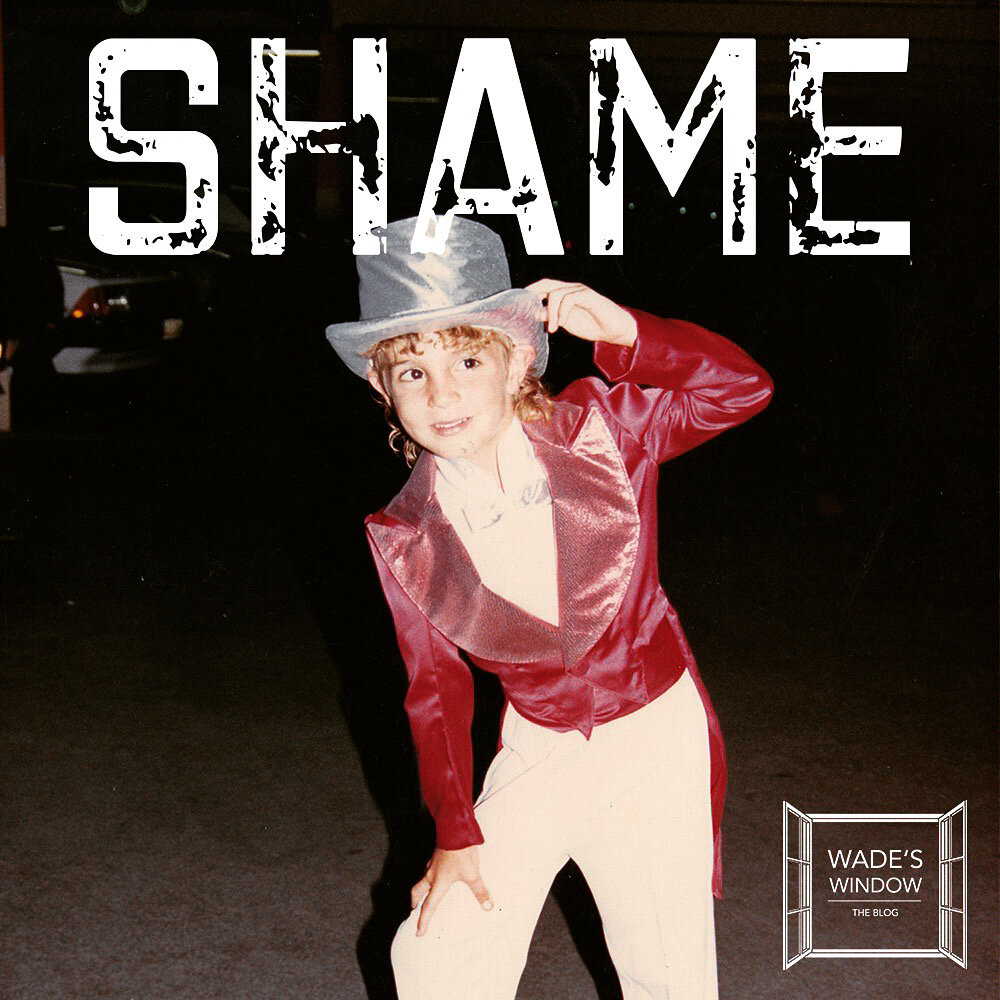What is our personal definition of winning?
Have we ever stopped to wonder if we even have one?
One of my favorite Bob Marley lines is, “They say what we know is just what they teach us.” Therefore, if we do have a definition of winning, do we know its origin? Did we merely adopt it from our parents, our teachers, our peers, or society at large? Or is it one that we have been developing over time based on our own personal experience?
However conscious or unconscious our definition of winning is, the next question might be, how is it working for us? By that I donʻt mean, are we winning? Rather, whether we are externally “winning” or “losing,” how is it feeling?
Do we find ourselves waiting to win, in order to finally feel like we are worthy, like we are enough? Waiting for the “win” to make all of the sacrifice, blood, sweat and tears worth it? Maybe we have experienced some external winning but still find ourselves endlessly chasing the next bigger win, in search of that ever elusive sense of fulfillment and contentment?
At seven years old, I learned one of my first definitions of winning, directly from the mouth of my idol, mentor and sexual abuser, Michael Jackson. “Be the best, or be nothing at all.” Over decades, this definition propelled me concurrently to a pinnacle of external success and an abyss of mental and emotional despair. Nothing was ever enough. This is a definition I have had to unlearn and redesign, for myself. Along that journey, there have been many discoveries, some of which I would love to share with you in the following paragraphs.
I have found that if external winning is our only barometer of success, whether we win or lose, itʻs going to feel empty. One of the reasons for this is our mistakenly believing that winning is the goal. This mistake is understandable due to the fact that winning is so heavily rewarded in our society: also because winning can feel great! Yet only for a short amount of time, as that elation is often quickly followed by the pressure and fear of feeling like we now have to keep winning, and do it bigger and better every time, or “they” might stop loving us.
We may then try to keep recapturing that fleeting winning feeling, hoping that if we continue to win at higher and higher levels maybe we can extend that feeling, and with enough accumulated winning maybe we can eventually make that feeling permanent, finally resulting in an unbreakable sense of self-worth. Yet along this futile trajectory, we can become like the person that keeps taking the drug, to ward off the depression, that the drug only exacerbates. Over time, we discover that our worth is not located on the other side of our external achievements.
The desire to win and our taking action towards that end, catapults us into a series of experiences where we will come into contact with our desires, aversions, dreams, hopes, fears, insecurities, skills or lack thereof, positive and negative qualities, our capability to adapt, inspire, motivate, persevere, and communicate. We donʻt learn much from winning itself, yet the process of trying to win offers us infinite learning opportunities.
Hence, winning is not the goal, it is the course; The goal is growth.
Yet if our focus remains solely on the external win or loss, every part of the journey there becomes but a means to an end, and even when we get to that end, it becomes but the means to a new end. As a consequence, we end up missing all of the opportunities for growth along the way. This is why a focus on winning or losing alone, ultimately feels empty. This is why we can feel like nothing is ever enough, that we are never satisfied, because we can never get enough of that which cannot satiate. On the other hand, internal growth, is quite satiating. Yes, youʻre going to want more of it, yet it is a pretty healthy thing to have a voracious appetite for.
It is not our desire to win that is the problem, it is why we want to win that can be the problem. Do we know our why? Do our kids or our students know their why? And is their why allowed and encouraged to be individuated from ours, their parents and societies why? If our why is to win, so we can feel worthy: What if we try our absolute best, but we never win; Does that mean we will never be worthy? What about when our prolific winning streak eventually slows or comes to an end, as all things do; Does that mean we will then cease to be worthy?
We must separate winning from worth.
Optimally, we don’t win, in order to be worthy. We know that we’re worthy, then we endeavor to win, in order to grow.
I used to think, win at all cost, until that cost was my health and sanity. What are we willing to sacrifice in order to win? Our health, our relationships, or our values? Because no matter how much we win, winning can’t cover those losses.
Iʻm reminded of an interview we did on my and James Safechuckʻs podcast, “From Trauma to Triumph”, with the wonderful human and legendary American gymnastics coach Valerie Kondos Field. A cornerstone of her teaching is, “Not all winning is success. Not all success is winning.”
In closing, how can we re-create or expand our definition of winning into one that feels inspirational, healthy and sustainable for us?
Can we separate winning from worth?
How can we be of service to something greater than a trophy?
How can we use our desire to win, as a catalyst for growth as artists, technicians, professionals, teammates, and most importantly, as humans?
Winning is not the goal. Winning is the course, and whether we externally win or lose, the ultimate shiny trophy - is growth.
All of my love, Wade Robson.
Artifacts, which for me symbolized many years of my fruitless external search for worth, as an act of cleansing and surrender, found their end in a county landfill.































Wade Robson, based on his personal experience of external wins and internal losses, explores our personal definitions of WINNING and their implications.